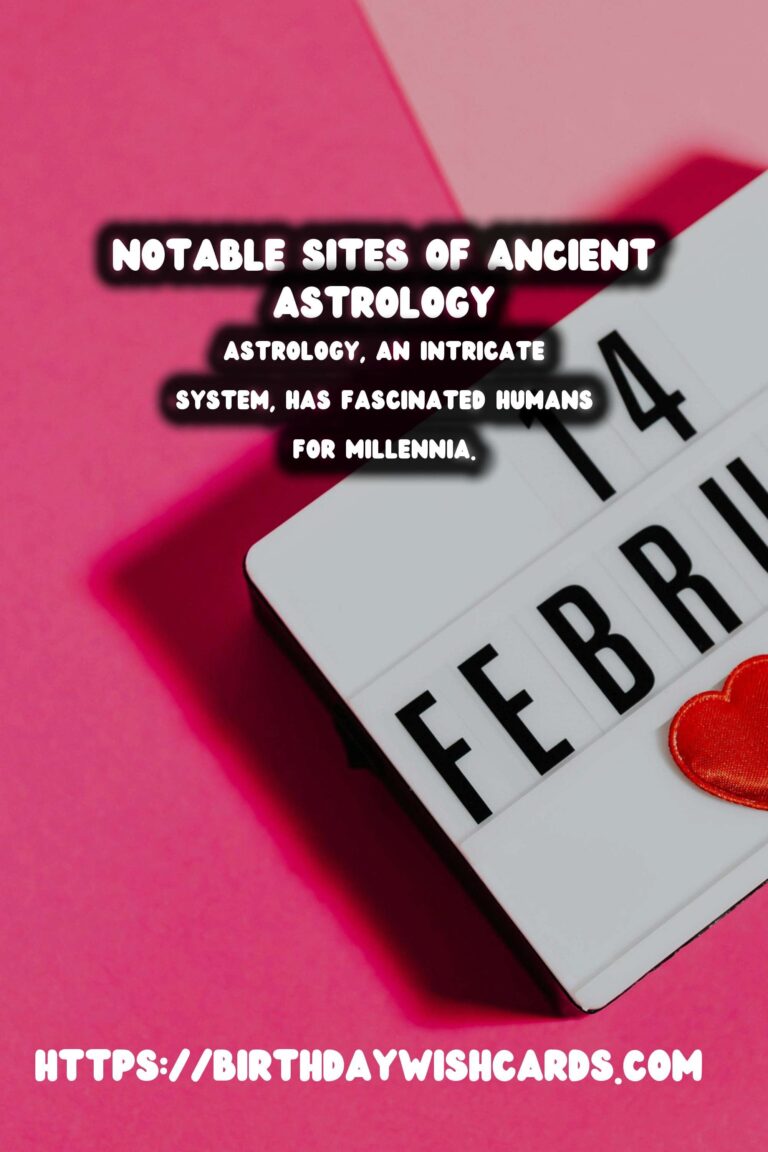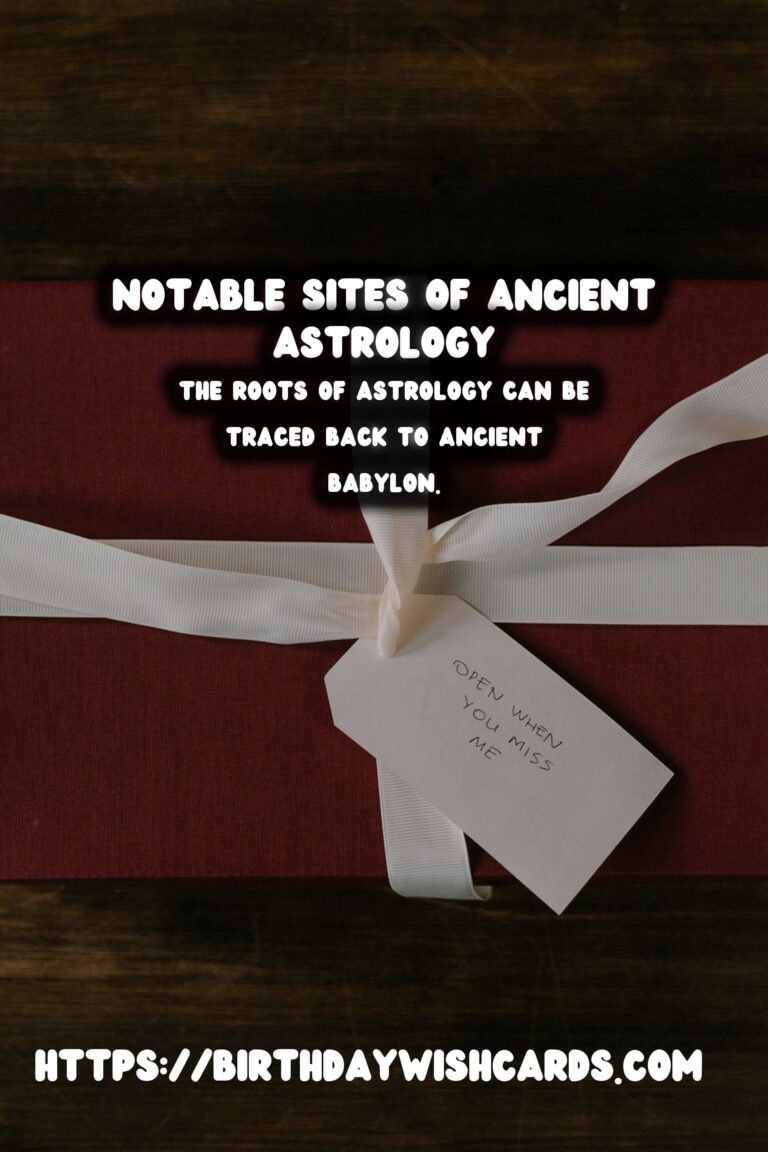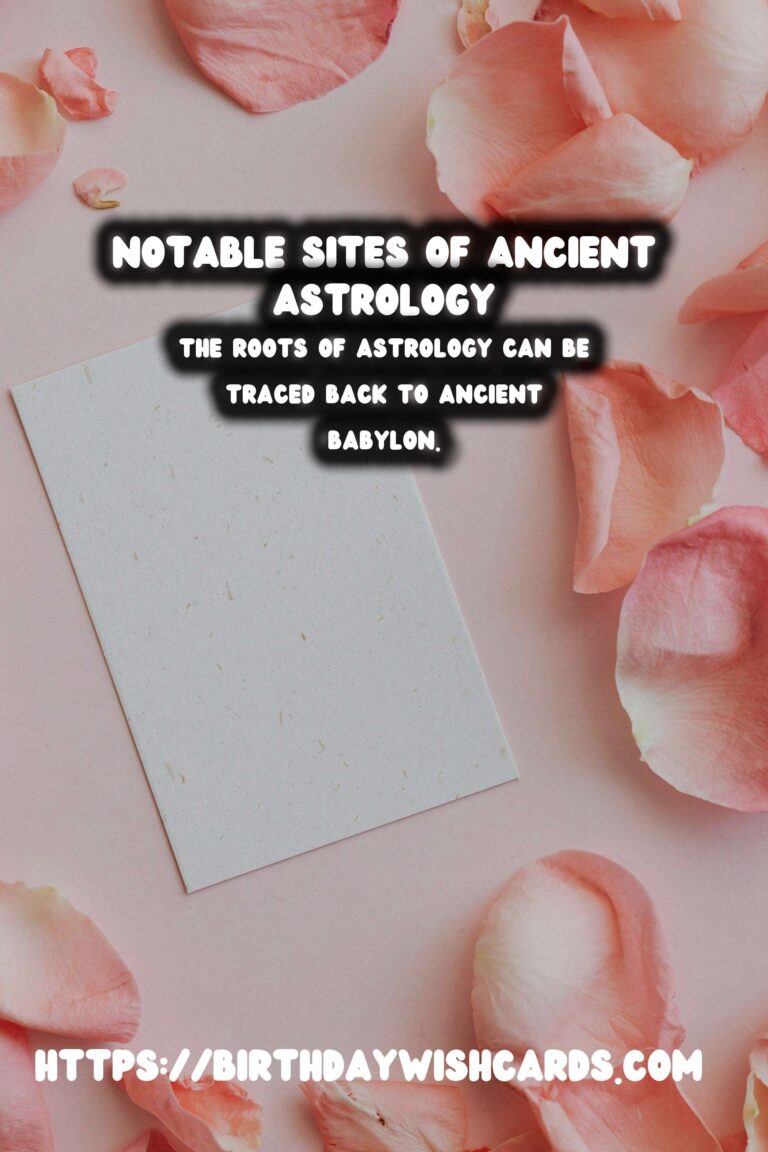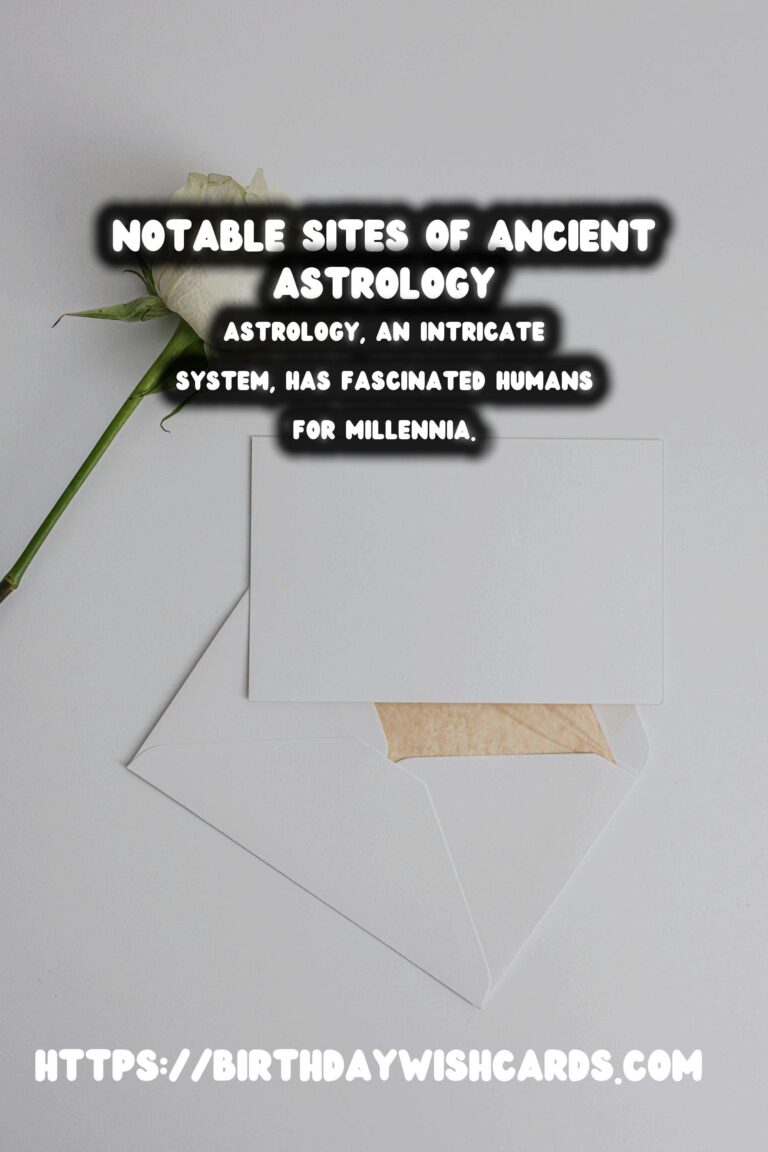
Astrology, an intricate system that has fascinated humans for millennia, refers to the study of celestial bodies and their influence on human affairs. Originating over 2,000 years ago, it intertwines science with the mystical, providing insight into the way ancient civilizations viewed the cosmos.
Origins of Astrology
The roots of astrology can be traced back to ancient Babylon, where early astrologers devised a system that divided the sky into sections represented by various signs. Babylonians were meticulous record-keepers, crafting one of the earliest horoscopes known to history.
During this period, astrology wasn’t just about personal predictions. It was a vital tool for planning events, such as wars and harvests, decisively shaping societal structures.
The Role of Astrology in Ancient Egypt
Egyptians were central to the development of astrology. They further refined the Babylonian system and contributed significantly to the zodiac signs we recognize today. Temples like Dendera serve as lasting testaments to their celestial studies.
The Dendera Zodiac, an elaborate stone engraving, reveals the depth of Egyptian astronomical expertise. A relic now housed in the Louvre, it depicts a map of the heavens as seen by Egyptians.
The Influence of Greek Astrology
When the Greeks came into contact with Egyptian and Babylonian cultures, they synthesized these systems into a coherent structure, leading to the astrology we recognize today. Key Greek figures, like Ptolemy, authored influential texts that merged spatial mathematics with astrological insights.
The Library of Alexandria exemplifies the Greek dedication to knowledge, including the expansion of astronomical understanding that astrology relied upon.
Astrological Practices in Ancient Rome
Romans adopted Greek astrology, integrating it into Roman culture as a tool for political and personal guidance. Emperors relied on astrologers to predict imperial victories or threats.
Sites like the Pantheon in Rome reflect astrological significance, as its architectural alignment demonstrates astronomical precision and reverence.
Beyond The Western World: Vedic and Chinese Astrology
Ancient astrology’s influence wasn’t confined to Mesopotamian, Egyptian, and Greco-Roman civilizations. In the East, Vedic astrology developed in India with a complex system interweaving planetary movements and life paths.
Chinese astrology also carved its unique space, using the lunar calendar to guide everything from agriculture to social calendars.
Modern Reflections on Ancient Sites
Today, these historical sites continue to attract scholars and tourists alike, marveling at their ancient ingenuity and the universal human quest to understand our place in the cosmos. They remind us of an era where the boundaries between science, spirituality, and daily life were seamlessly interwoven.
Ultimately, the history of astrology showcases a rich tapestry of knowledge, mysticism, and cultural exchange, shaping human civilization across continents and centuries.
Astrology, an intricate system, has fascinated humans for millennia. The roots of astrology can be traced back to ancient Babylon. 









#Astrology #History




